SASSA Means Test Update [2026] | Rules & Eligibility Explained!
For thousands of South Africans, SASSA grants make the difference between a full plate and an empty stomach. They help parents pay school fees. They cover medical costs when money runs out.
But here’s the thing: not everyone qualifies. Every application faces the means test. It checks your income. It checks your assets. Only those who truly need it get approved. And for 2026? New limits apply. This guide breaks down the rules, eligibility, and thresholds you need to know before applying.
What is the SASSA Means Test?
The means test is basically a money check. SASSA uses it to see if you really qualify for a grant.
It looks at two things:
- Income – how much you earn from work, business, or anywhere else.
- Assets – what you own, like savings, land, or property. (Your main home doesn’t count.)
The reason? Grants are meant for people who don’t have enough to take care of themselves or their families. Each grant has its own cut-off point, and those cut-offs go up a little every year as prices rise.
SASSA Means Test Update 2026: Updated Rules
According to www.gov.za, from 1 April 2025, the Department of Social Development raised the income and asset limits for most SASSA grants. These changes will apply right through 2026, unless new figures are announced, but keep in mind, they might change again in April 2026 if new figures are released.
Below you’ll find the official limits for each grant type.
1. Older Person’s Grant, Disability Grant, and War Veteran’s Grant
These three grants share the same financial limits. They apply to adults who are:
- Over the qualifying age (60 years and above for the Older Person’s Grant).
- Living with a permanent disability (Disability Grant).
- War veterans who meet the service criteria (War Veteran’s Grant).
Income and Asset Thresholds (2026):
| Applicant Status | Maximum Annual Income | Maximum Asset Value (Excluding Primary Residence) |
| Single Person | R107,880 | R1,524,600 |
| Married Couple | R215,760 (combined) | R3,049,200 (combined) |
Important: The home you live in does not count as an asset in this test.
2. Child Support Grant (CSG)
The Child Support Grant supports caregivers of children under 18. This grant looks only at income, not assets.
Income Limits (2026):
| Caregiver Status | Maximum Annual Income |
| Single Caregiver | R67,200 |
| Married Caregiver | R134,400 (combined) |
Note: If your income is above this limit, your application will be declined.
3. Care Dependency Grant (CDG)
The Care Dependency Grant supports parents or caregivers of a child with a severe disability. Only income is tested, not assets.
Income Limits (2026):
| Parent/Caregiver Status | Maximum Annual Income |
| Single Parent/Caregiver | R277,200 |
| Married Couple | R554,400 (combined) |
Exemption: Foster parents are not subject to this means test.
4. Social Relief of Distress (SRD) Grant
The SRD grant, also called the R370 grant (Previously R350 Grant), is a temporary measure for individuals with no income or support.
Income Limit (2026):
- Maximum monthly income: R620
Additional Rules:
- Applicants must not receive any other SASSA grant.
- Applicants must not get support from UIF, NSFAS, or any other income source.
5. Foster Child Grant (FCG)
The Foster Child Grant is different. There is no means test. Instead, eligibility is based on a legal court order placing a child under foster care. The foster parent qualifies regardless of their income or assets.
6. Grant-in-Aid
The Grant-in-Aid is an additional grant for someone who already receives:
- Older Person’s Grant,
- Disability Grant, or
- War Veteran’s Grant.
It helps cover costs when the recipient needs full-time personal care.
No means test applies, but you must already receive one of the above grants.
SASSA Payment Amount Increases for October 2025
| Grant Type | April 2025 Amount | October 2025 Amount | Increase in October 2025 | Total 2025 Increase |
| Old-Age (60–74) | R2,310 | R2,320 | R10 | R130 |
| Old-Age (75+) | R2,330 | R2,340 | R10 | R130 |
| Disability | R2,310 | R2,320 | R10 | R130 |
| Care Dependency | R2,310 | R2,320 | R10 | R130 |
| War Veterans | R2,330 | R2,340 | R10 | R130 |
| Child Support | R560 | R560 | No increase | R30 |
| Foster Care | R1,250 | R1,250 | No increase | R70 |
Why the SASSA Means Test Matters?
The means test is there to make sure grants go to the people who need them most. Without it, wealthier households could tap into the system and take away funds meant for struggling families.
To keep things fair, the Department of Social Development adjusts the limits every year. They rise in line with inflation, the cost of food, transport, and healthcare. That’s why the 2026 income and asset limits are set a bit higher than in 2024.
What are the Key Documents Needed for the SASSA Means Test?
To pass the means test, you must provide accurate documentation. Missing or false details may cause rejection. The typical documents include:
- South African ID (green barcoded book, smart card, or birth certificate for children).
- Proof of income (payslips, UIF slips, bank statements).
- Proof of assets (property details, investment records, if applicable).
- Marriage certificate or affidavit (for married applicants).
- Medical assessments (for Disability and Care Dependency grants).
- Court order (for Foster Child Grant).
Tips for Applicants
- Double-check income and asset documents before applying. Errors delay approval.
- Apply early in the year to avoid backlogs.
- Keep copies of all documents submitted.
- Track application status on the SASSA website.
- Use official channels only to avoid scams.
Final Takeaway
The SASSA means test for 2026 spells out exactly who can get a grant and who can’t. Each grant has its own cut-off for income and assets. If you’re applying whether it’s for the Older Person’s Grant, the Child Support Grant, or the SRD, knowing those limits upfront can save you disappointment.
Keep your papers in order. Watch for updates each year. And apply only through SASSA’s official channels. That way, you give yourself and your family the best chance of getting support in 2026.
Frequently Asked Questions
Q. What Happens if my income is Slightly above the Threshold?
If your income is above the limit, you will not qualify. Even R1 more than the maximum income disqualifies the application.
Q. Is my House included in the asset test?
No. The primary residence where you live is excluded from asset calculations.
Q. Can foster parents apply without an Income check?
Yes. Foster parents are exempt from the means test for the Care Dependency Grant and Foster Child Grant.
Q. How Often are Thresholds updated?
Thresholds are usually updated every April. The 2026 rules came into effect from 1 April 2025.
Q. Can I Appeal if I am rejected?
Yes. If you are rejected, you can submit an appeal on the official SASSA portal: srd.sassa.gov.za/appeals.
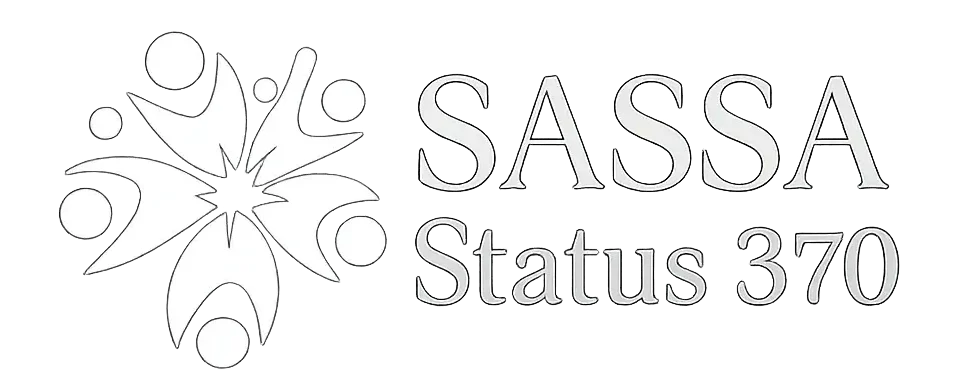
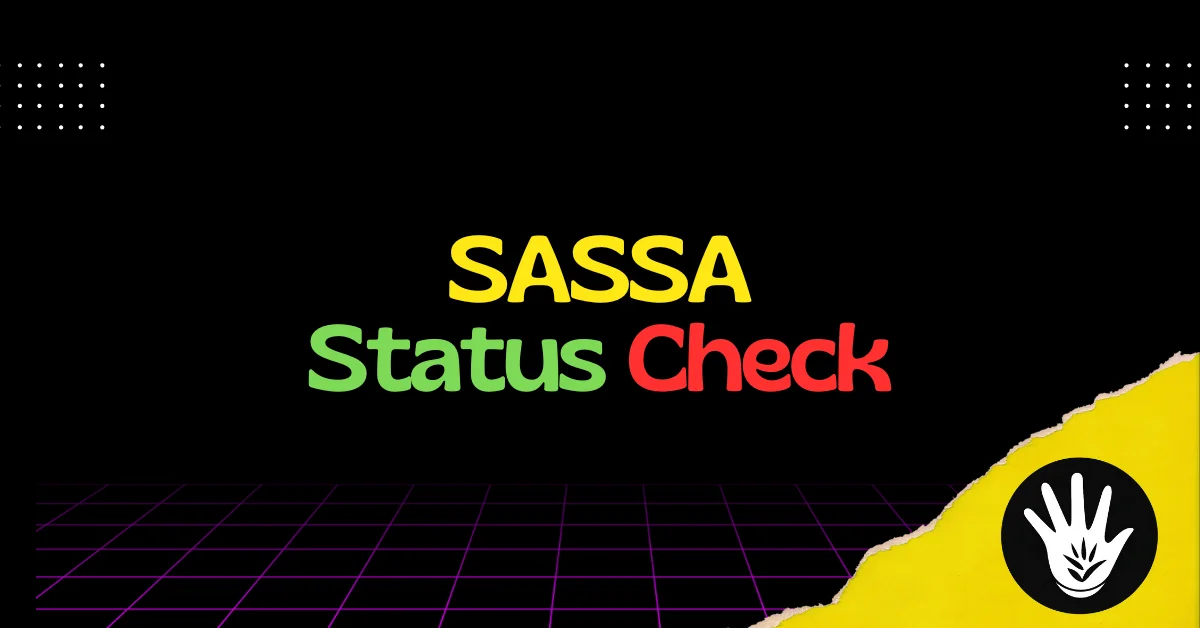
![SASSA eForms Download | Fill eForm & Apply Online [2026] Download Latest SASSA eforms Online](https://sassastatus370.co.za/wp-content/uploads/2025/10/SASSA-eForms-Download-150x150.webp)
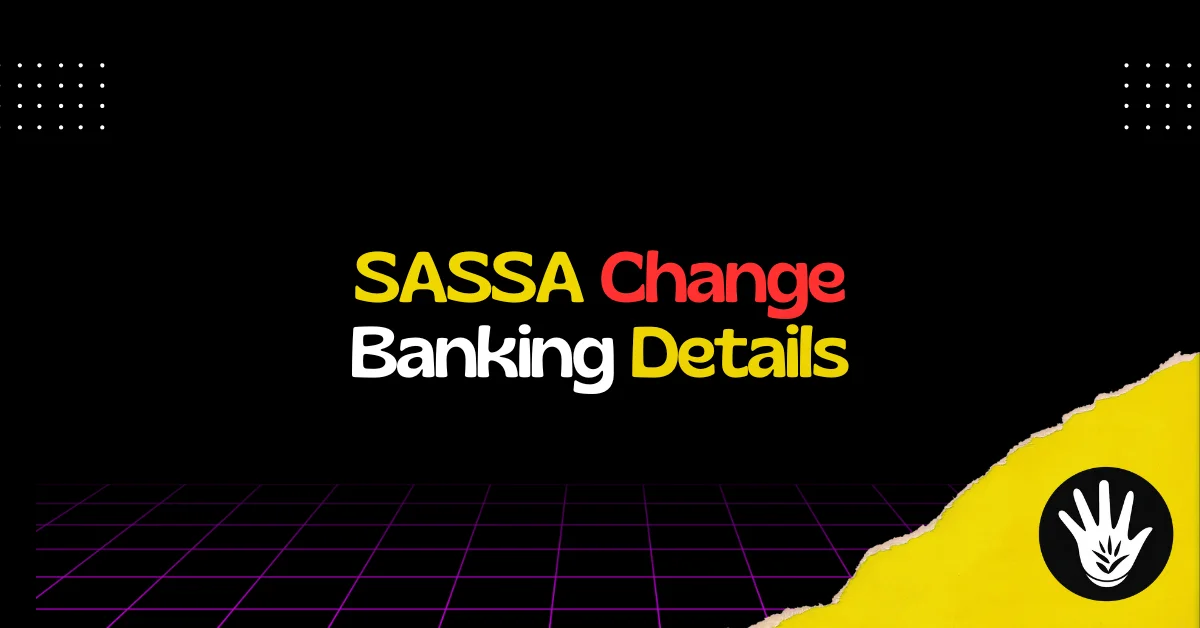
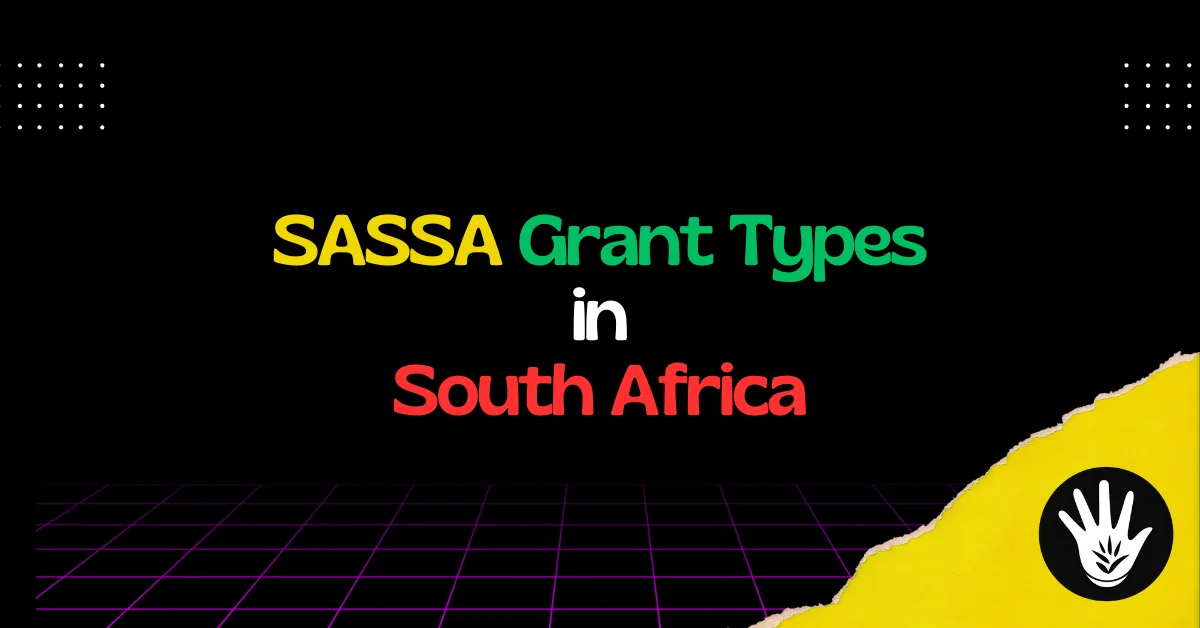
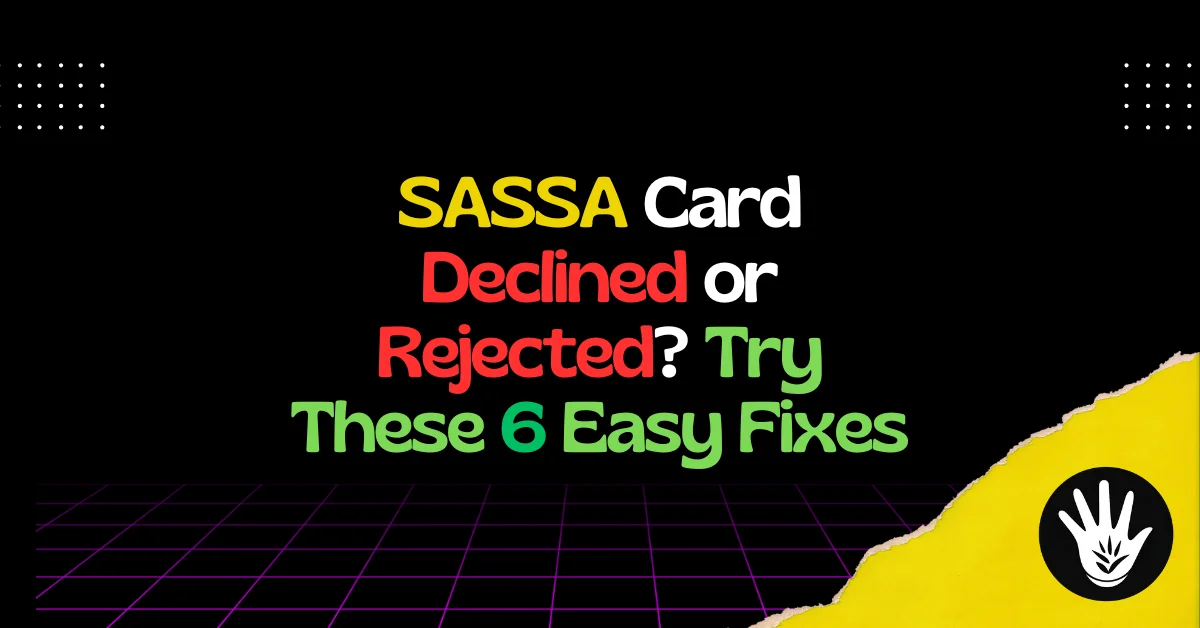
![SASSA Payment Dates for 2025 to 2026 Schedule [Updated] SASSA Payment Dates for 2025/2026](https://sassastatus370.co.za/wp-content/uploads/2025/08/SASSA-Payment-Dates-for-2025-to-2026.webp)